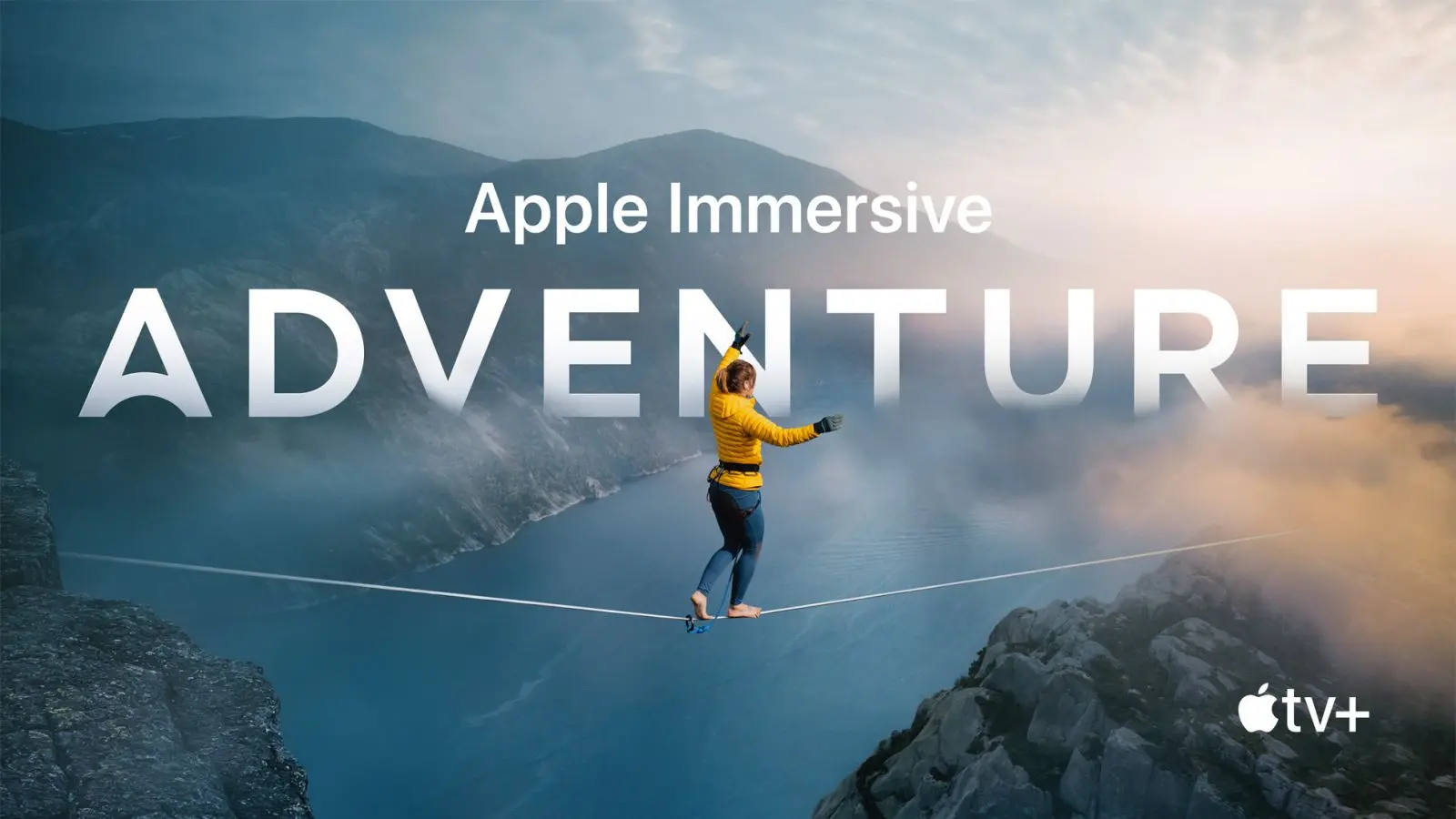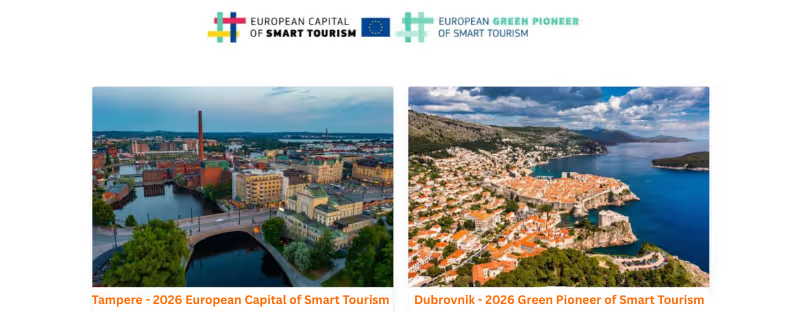
The Future of Travel with Apple Vision Pro
Travel has always been about the exploration of new places, cultures, and experiences. However, the traditional concept of travel is being transformed with the advent of cutting-edge technologies like Apple Vision Pro.
This innovative device not only redefines the way we think about travel but also opens up a world of possibilities for exploring the globe from the comfort of your living room.
Introduction to Apple Vision Pro
The Apple Vision Pro represents a significant leap forward in virtual reality (VR) technology, offering users an unparalleled immersive experience. With its advanced features and user-friendly design, it has the potential to change the face of travel and tourism forever. Here’s how Apple Vision Pro could transform the way we travel and experience the world:
- Virtual Previews: Travelers could take hyper-realistic tours of destinations, hotels, and attractions before they book, helping them make more informed decisions.
- Historical Exploration: Imagine walking through ancient Rome or exploring the pyramids of Egypt – all from your living room. History becomes truly experiential.
- Accessibility: Apple Vision Pro could break down travel barriers for those with disabilities or limited mobility, bringing the world within reach.
- Cultural Exchange: Virtually experience festivals, local customs, and everyday life in faraway countries, fostering greater understanding and empathy.
- Travel Agent 2.0: Virtual travel agents could provide personalized tours and recommendations while inside the simulation.
The Evolution of Virtual Travel
Before the introduction of Apple Vision Pro, virtual travel experiences were limited by the technology available. Early attempts at virtual travel often relied on 360-degree photos or videos, providing a basic sense of a destination without true immersion. These experiences were often hampered by low-resolution visuals, limited interactivity, and a noticeable disconnect between the user and the virtual environment. However, the development of VR technology has progressed rapidly, leading to more immersive and realistic experiences that are starting to blur the lines between the digital and the physical world.
Pre-Apple Vision Pro Era
Virtual travel has its roots in early VR technologies that emerged decades ago. These rudimentary systems laid the groundwork but often lacked the realism and immersion that modern users crave. Clunky headsets, low-resolution displays, and limited tracking capabilities created experiences that felt more like a novelty than true transportation to another place. While these early efforts hinted at the potential of virtual travel, the technology wasn’t yet mature enough to provide genuinely transformative experiences.
Breakthroughs in VR Technology
Recent advancements in several key areas have made it possible to create the kind of highly detailed and immersive virtual environments that a device like Apple Vision Pro would likely deliver. These breakthroughs include:
-
High-Resolution Displays: The development of incredibly high-resolution screens allows for crystal-clear visuals with unparalleled levels of detail. These advancements reduce the “screen-door effect,” a common issue in earlier VR where individual pixels were noticeable, breaking the illusion of realism.
-
Optics and Eye-Tracking: Innovative lenses and eye-tracking technology enable a wider field of view (FOV) and more natural interaction within virtual worlds. Wider FOV replicates natural vision, while eye-tracking allows the headset to focus rendering power where the user is looking, and improving visual clarity and efficiency.
-
Powerful Processing: Faster and smaller processors now deliver the computational power for complex simulations and real-time rendering of intricate virtual worlds. This allows for incredibly lifelike graphics and real-time responsiveness.
-
Haptic Feedback: Haptic technology gives a sense of touch to virtual environments. This could involve subtle vibrations in controllers, textured surfaces, or even full-body suits, allowing users to feel virtual objects and environments for a deeper level of immersion.
-
Spatial Audio: Advanced audio techniques simulate how sound travels in a real environment. Sounds in the virtual world seem to come from specific directions and change as the user moves, creating a more realistic auditory experience.
Setting the Stage for Apple Vision Pro
These advancements, coupled with Apple’s history of design and integration, position a device like the Apple Vision Pro to truly push the limits of VR. It’s precisely this mix of refined hardware, user-friendly interfaces, and the potential for powerful software integrations with the Apple ecosystem that could make it a game-changer.
Understanding Apple Vision Pro
Apple Vision Pro is not just another VR headset. Its technical specifications and user experience features set it apart from anything else on the market.
Technical Specifications
The device boasts high-resolution displays, advanced motion tracking, and realistic audio technology, providing an incredibly lifelike virtual experience.
User Experience Features
With a focus on comfort and ease of use, Apple Vision Pro is designed to be accessible to everyone, regardless of their familiarity with VR technology.
The Impact of Apple Vision Pro on Travel
The introduction of Apple Vision Pro has significant implications for the travel industry, offering new ways to explore and experience destinations around the world.
Enhancing the Travel Experience
Virtual tours and experiences allow users to visit places they might never have the opportunity to see in person, making travel more inclusive and accessible.
Accessibility and Inclusion
By removing physical and financial barriers to travel, Apple Vision Pro makes it possible for more people to experience the wonders of the world.
Virtual Tours with Apple Vision Pro
One of the most exciting features of Apple Vision Pro is the ability to take virtual tours of famous destinations and landmarks, offering an immersive cultural experience.
Famous Destinations and Landmarks
From the pyramids of Egypt to the streets of Paris, Apple Vision Pro brings the world’s most iconic locations to life in stunning detail.
Immersive Cultural Experiences
Beyond simply visiting places, users can experience local cultures, traditions, and events as if they were really there, enhancing their understanding and appreciation of the world.
The Future of Travel and Tourism
As VR technology continues to evolve, the potential for virtual travel experiences expands, offering exciting possibilities and challenges for the future of tourism.
Predictions for Virtual Reality in Travel
Experts predict that virtual travel will become an increasingly important part of the tourism industry, complementing traditional travel and offering new ways to explore and learn.
Potential Challenges and Solutions
While virtual travel offers many benefits, it also poses challenges such as ensuring accessibility, maintaining privacy, and avoiding the commodification of cultures. Solutions will need to be developed to address these issues responsibly.
Comparative Analysis
When comparing Apple Vision Pro to traditional travel and other VR technologies, it becomes clear that it offers a unique and transformative experience.
Apple Vision Pro vs. Traditional Travel
While traditional travel offers physical experiences that VR cannot replicate, Apple Vision Pro provides an accessible and sustainable alternative for exploring the world.
| Feature | Traditional Travel | Apple Vision Pro |
|---|---|---|
| Immersion | Senses fully engaged. Smells, tastes, touch of real environments. | Largely limited to sight and sound, but potential for advanced haptics in the future. |
| Experience | Unpredictable, potential for serendipity and unexpected encounters | Curated and controlled. Experiences can be designed for specific purposes. |
| Accessibility | Requires travel time, costs, and physical ability | More accessible to those with limited mobility, time, or financial resources. |
| Sustainability | High carbon footprint, strain on local resources | Negligible environmental impact compared to physical travel |
| Social | Potential for meaningful human encounters and interactions | VR experiences can be isolating, but could offer multiplayer social aspects |
| Authenticity | Experiencing the “true” essence of a place | Offers a simulation, interpretation, or reconstruction of a locale |
Apple Vision Pro vs. Other VR Technologies
Compared to other VR devices, Apple Vision Pro stands out for its advanced technology, user-friendly design, and potential to transform the travel industry.
Key Competitors:
- Meta Quest Pro: The current leader in the high-end mixed reality space. It offers established developer tools, hand tracking, and a growing content library.
- HTC Vive Lineup: HTC offers multiple VR headsets at various price points. Their focus often leans towards high-resolution visuals and room-scale tracking.
- Valve Index: Considered a high-performance enthusiast’s headset, it boasts top-notch controllers, smooth refresh rates, and a unique off-ear audio solution.
- Potential Future Competitor: Sony’s PlayStation VR2 is focused on the gaming market, but if its library expands to tourism and exploration experiences, it could be a contender.
Comparison Table
Let’s focus on where Apple Vision Pro would likely need to shine to succeed:
| Feature | Meta Quest Pro | HTC Vive Pro 2 | Valve Index | Apple Vision Pro |
|---|---|---|---|---|
| Displays | High-resolution LCD | High-resolution LCD | High-refresh rate LCD | Likely high-resolution micro-OLED, rumors of wide FOV |
| Tracking | Inside-out, Hand Tracking | Inside-out (with room-scale support) | External base station tracking (highly accurate) | Inside-out, potential for advanced object and body tracking |
| Comfort | Mixed reviews | Often noted as bulky | Praised for weight distribution | Unknown, but Apple likely prioritizes this |
| Ecosystem | Growing content base, Meta focus | Smaller ecosystem, focus on SteamVR | SteamVR access, extensive library | Unknown, Apple’s app ecosystem is key |
| Price | $1500 | $799 (headset only) | $999 (full kit) | From $3499 |
Apple’s Winning Strategy
To gain significant market share, Apple Vision Pro likely needs to excel in:
- Ease of Use: An intuitive setup, streamlined controls, and seamless integration with the Apple ecosystem are key to reducing tech friction.
- Visual Fidelity: Exceeding the display quality of current competitors will be crucial for its “wow” factor.
- Unique Features: Advanced eye-tracking, hand-tracking precision, or unique MR experiences could give it an edge.
- Content: Exclusive travel experiences, partnerships with top brands, and a developer-friendly platform are necessary for long-term success.
Environmental Implications
One of the most significant benefits of virtual travel is its potential to reduce the environmental impact of tourism, offering a more sustainable way to explore the world.
Reducing Carbon Footprint
By reducing the need for physical travel, virtual experiences can help decrease carbon emissions and conserve natural resources.
Sustainable Tourism through VR
Virtual travel offers an eco-friendly alternative to traditional tourism, allowing people to explore without harming the environment.
Economic Aspects of Virtual Travel
The rise of virtual travel has important economic implications for the travel industry, creating new business opportunities while also posing challenges for traditional tourism operators.
Impact on the Travel Industry
While virtual travel may reduce demand for some types of traditional tourism, it also opens up new markets and revenue streams.
New Business Opportunities
From virtual tour operators to VR content creators, the growth of virtual travel is creating exciting opportunities for entrepreneurs and businesses.
Social and Psychological Effects
Virtual travel has the potential to bridge cultural gaps and promote understanding among people from different backgrounds, but it also raises important psychological considerations.
Bridging Cultural Gaps
By providing immersive experiences of different cultures, Apple Vision Pro can foster empathy and understanding, breaking down barriers and stereotypes.
The Psychology of Virtual Travel
Exploring the psychological effects of virtual travel, including its impact on our sense of presence, connection, and well-being, is crucial for understanding its potential and limitations.
Limitations and Ethical Considerations
Despite its many benefits, virtual travel with Apple Vision Pro is not without its limitations and ethical concerns, including privacy issues and the digital divide.
Privacy Concerns
As with any technology that collects user data, ensuring the privacy and security of Apple Vision Pro users is essential.
The Digital Divide
Access to advanced technologies like Apple Vision Pro is not universal, raising concerns about inequality and the potential for a digital divide in travel experiences.
Exploring the World from Your Living Room
Apple Vision Pro changes the game when it comes to travel, offering an innovative and sustainable way to explore the world from the comfort of your living room.
Conclusion: The Future Is Now with Apple Vision Pro
The future of travel is here with Apple Vision Pro, offering an innovative and immersive way to explore the world from your living room. As technology continues to evolve, the possibilities for virtual travel are endless, promising a new era of exploration that is more inclusive, sustainable, and accessible than ever before.











